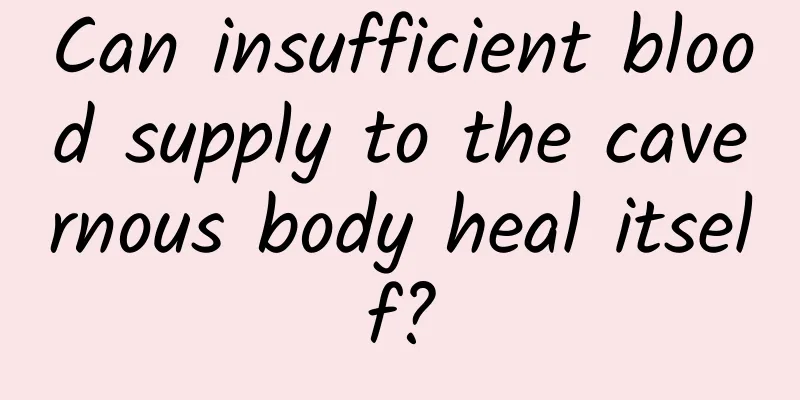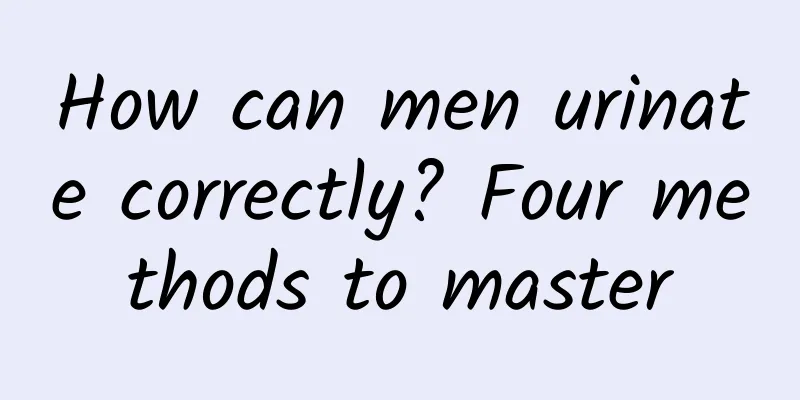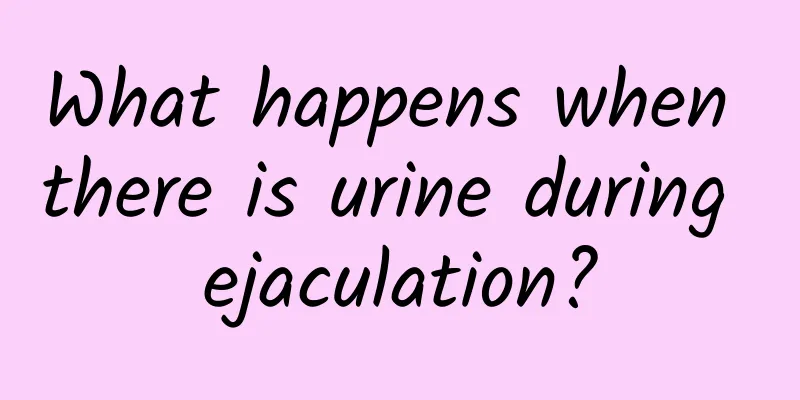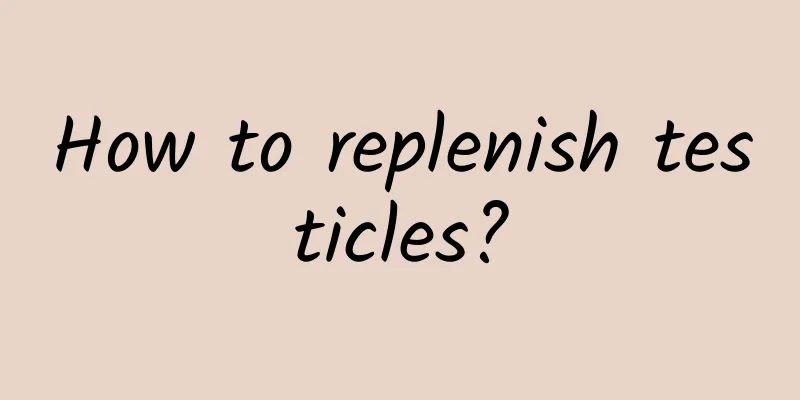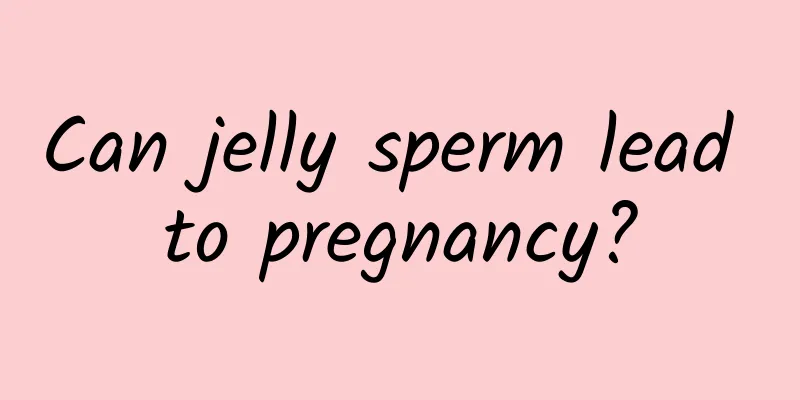How does Chinese medicine treat hyperthyroidism? Conventional treatments for hyperthyroidism
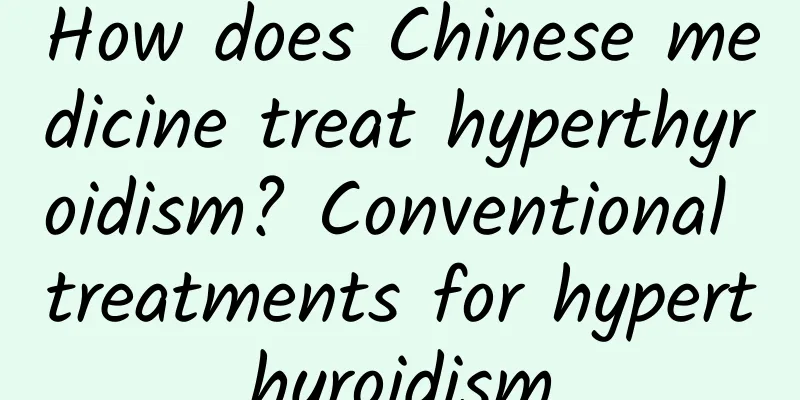
|
Hyperthyroidism is a common disease in life, which is divided into several types, such as congenital and endemic. Hyperthyroidism has a serious impact on the patient's life. So how does traditional Chinese medicine treat hyperthyroidism? How does TCM treat hyperthyroidism? 1. Baihu Tang combined with Zhibai Dihuang Tang: First, boil the raw gypsum and set aside. Take Anemarrhena, Licorice, Raw Rehmannia, Chinese Yam, Pseudostellariae Radix, Cornus Fruit, Ophiopogon japonicus, Raw Oyster, Schisandrae Chinensis, Scrophulariae, Cyperus rotundus, and Cortex Moutan. Add water and boil and take one dose per day. It has the effects of nourishing yin, purging fire, softening and dispersing stagnation for patients with hyperthyroidism. It is more suitable for patients with hyperthyroidism who have yin deficiency and head excess, with symptoms such as flushed face, palpitations, sweating, impatience and anger, hyperphagia and weight loss, red tongue with yellow fur, and stringy and rapid pulse. 2. Huangqi Shengmai Drink Heqi Judi Huang Tang: Huangqi, Dangshen, Ophiopogon japonicus, Schisandra chinensis, Lycium barbarum, Shengdi, Chinese yam, Cornus officinalis, White peony root, Cyperus rotundus, processed Shouwu, raw oyster, Licorice. Decoction with water, 1 dose per day. This has the effect of replenishing qi and nourishing yin, calming the liver and suppressing yang. It is generally suitable for patients with hyperthyroidism who show symptoms of palpitations, heat intolerance and sweating, emaciation, fatigue, soreness of waist and knees, red tongue with thin yellow fur, and weak pulse. Conventional treatment of hyperthyroidism includes the following aspects. (1) General treatment: People with unstable emotions and mental tension can take some sedatives, such as diazepam and chlordiazepoxide; those with palpitations and tachycardia can use drugs such as propranolol and atlanta; ensure adequate rest; increase nutrition; nutrition includes sugar, protein, fat and vitamins, the amount required by normal people is higher. (2) Antithyroid drug treatment: mainly thiourea antithyroid drugs, such as methyl or propylthiouracil, thiabendazole, and thyroxine. Other antithyroid drugs such as lithium carbonate and potassium perchlorate are rarely used. Indications for medication: ① mild diffuse toxic thyroiditis with small thyroid gland; ② patients under 20 years old; ③ preoperative preparation; ④ recurrence after thyroid surgery and cannot be treated with isotope 131 iodine; ⑤ as an adjuvant treatment for isotope 131 iodine treatment. (3) Indications for thyroid surgery: ① Toxic diffuse moderate to severe thyroiditis that is ineffective with long-term drug treatment; ② Large thyroid gland with compression symptoms; ③ Retrosternal thyroid gland; ④ Toxic nodular thyroiditis; ⑤ Toxic thyroid adenoma. (4) Indications for treatment with isotope 131 iodine: ① Diffuse toxic moderate thyroiditis, age over 30 years old; ② Allergy to antithyroid drugs or ineffective treatment; ② Unwilling to undergo surgery or recurrence after surgery; ④ Toxic thyroid adenoma. |
<<: Can stewed banana with rock sugar cure chronic cough? How to do it?
>>: How long does it take to cook ginger soup? What are the taboos of eating ginger?
Recommend
Be alert to diseases that cause lower abdominal pain and back pain in men!
Many cases of lower abdominal pain and back pain ...
What to do with bladder tumors? Three traditional treatments are the first choice
For patients with bladder tumors, if they are not...
Hemorrhoid ligation therapy, detailed explanation of hemorrhoid ligation therapy
Hemorrhoids are mainly caused by bad living habit...
What medicine should men take to regulate sperm
If a man's sperm quality decreases, he may ha...
Why does my husband sweat when he sleeps at night? These are the most likely reasons
There are many reasons why men sweat at night. It...
Seven benefits of eating okra for men
Okra, also known as hairy eggplant and okra, is k...
Can the cavernous body heal itself if it is injured?
There are many corpora cavernosa in the male geni...
How much does circumcision surgery cost?
Male friends must feel helpless about the symptom...
What are the causes and treatments for premature ejaculation?
Many people are familiar with premature ejaculati...
Men over 40? It’s time to check your testosterone!
Testosterone is a type of androgen secreted by th...
What causes beard to grow fast?
Beard is a physiological phenomenon caused by the...
Moxibustion for prostatitis
Moxibustion can be said to be a relatively common...
Men should be careful when sleeping naked
Many people like to sleep naked, especially men. ...
Are colon tumors benign? What are the early symptoms?
Among the common gastrointestinal tumors, colon t...
How to lose belly fat for lazy people, lazy people's weight loss method
Everyone knows that losing weight requires a comb...

